After returning from a visit to a relative’s house, your baby started coughing and wheezing. You remembered that she played with a cat at the house you visited earlier. Is this a possible allergic reaction?
What is an allergy?
An allergy refers to a condition when our body reacts to a foreign matter, like pollen, dust or animal dander, that is typically harmless or does not cause any reaction in most people. An allergy can manifest in different forms, such as food allergies, atopic dermatitis, hay fever or allergic asthma. Approximately 30-40% of the world population has an allergy.
What causes an allergy?
An allergy happens when our immune system overreacts to the foreign matter (allergen) by producing immunoglobulin E (IgE) antibodies. These antibodies then bind to the allergens that then trigger mast cells (a type of immune cells) located in the skin, airways and gut to release histamine and numerous chemicals causing the allergic reaction.
Some common allergens that can trigger an allergic reaction are:
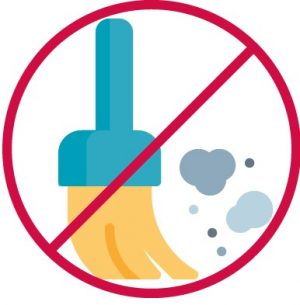
- Airborne allergens, e.g. pollen, animal dander, dust mites and mould
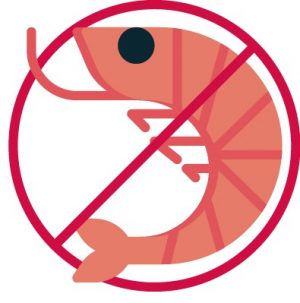
- Certain foods, e.g. peanuts, wheat, soy, fish, shellfish, eggs and cow’s milk
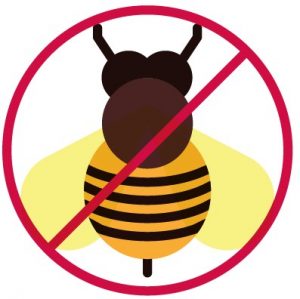
- Insect stings, e.g. bees, wasps, fire ants
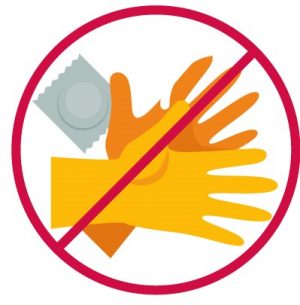
- Latex or other substances that come in contact with the skin

- Medications, e.g. antibiotics, anticonvulsants, painkillers namely NSAIDs, chemotherapy drugs
What are the symptoms of an allergic reaction?
The allergic symptoms depend on the allergens and the site it triggers. An allergic reaction can affect the airways, sinuses and nasal passages, skin or digestive system, and range from mild to severe. Here are the symptoms based on several types of allergies or allergy-related conditions:
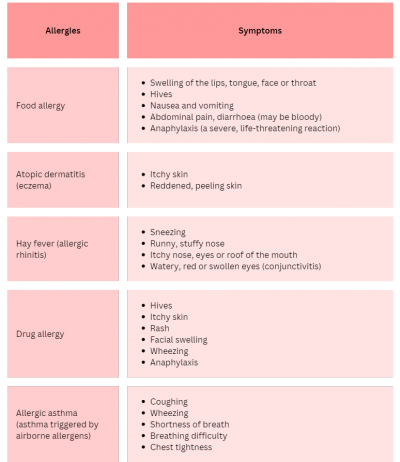
Beware of anaphylaxis!
Sometimes, an allergic reaction can cause a severe and life-threatening illness known as anaphylaxis, with symptoms like:
- Loss of consciousness
- Decreased blood pressure
- Severe shortness of breath
- Lack of oxygen
- Skin rash
- Light-headedness
- Nausea and vomiting
This is a medical emergency and will require immediate medical attention!
How can we manage allergies in our children?
- Avoid triggers. Take steps to prevent contact with known triggers as best as you can. For example, don’t allow your child to play with cats if they are allergic to cat
- Wear a medical alert bracelet or necklace. This will alert others of your child’s condition in case of a severe reaction and you’re not around.
- Control with medications. Medications like antihistamines, decongestants, nasal sprays, and asthma medications can help manage the symptoms when an allergic reaction happens.
- For children with a history of severe allergic reaction and anaphylaxis, emergency epinephrine shots (e.g. EpiPen) must be made readily available. It is an easy-to-use device to quickly deliver medical epinephrine in case of a severe allergic reaction. Make sure you know how to properly administer the shot to your child.
If you suspect that your child has an allergy, don’t fret. Talk to your child’s doctor to properly diagnose the condition and devise a management and treatment plan. With the right step, even an allergy wouldn’t hinder your little one’s bright future!

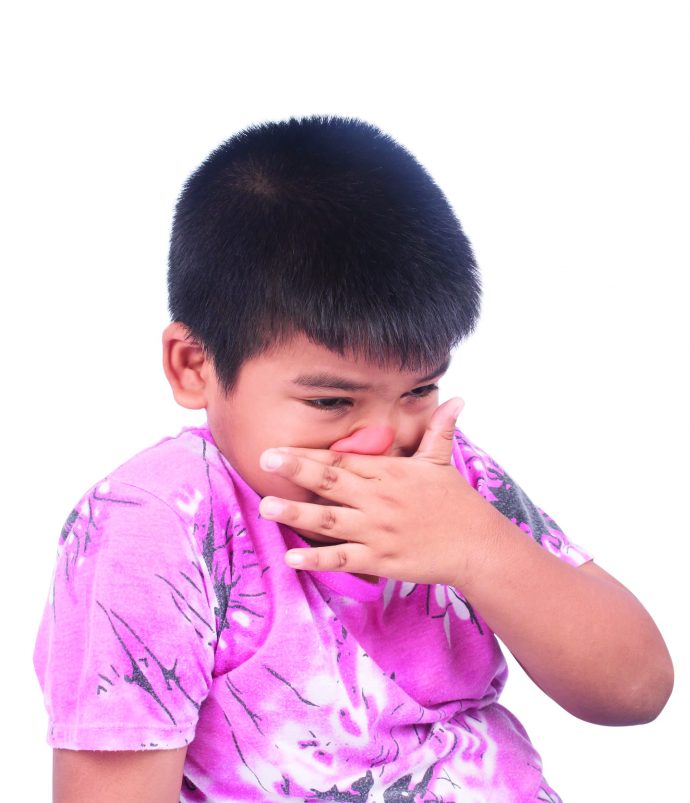




Comments